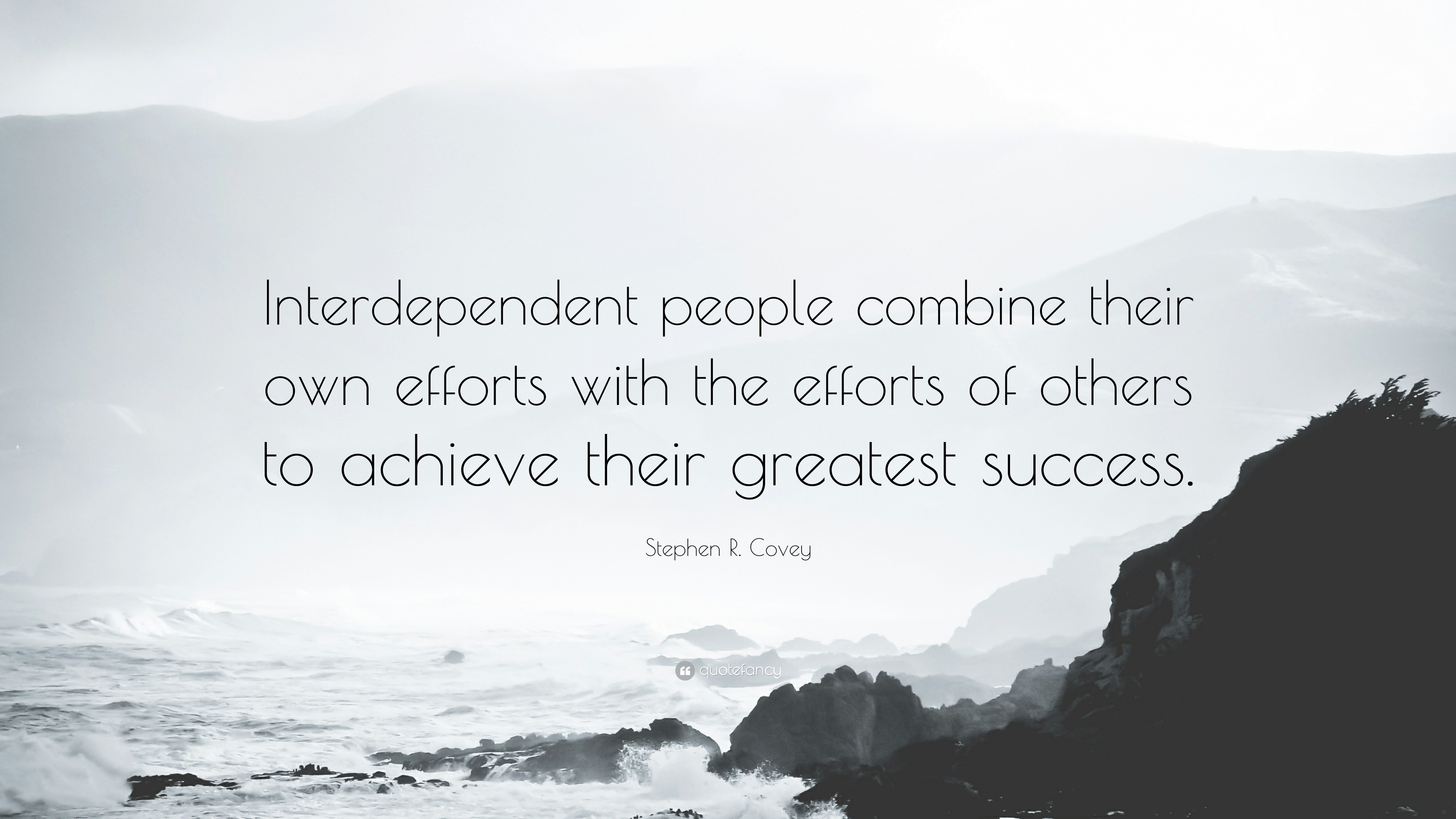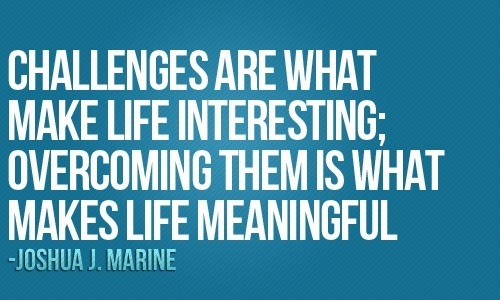We can choose to be apart of or apart from.
Imagine preparing to skydive and everyone has gathered in the air field. Some are also readying themselves for the leap whilst others are there just to watch. Those going for the jump are brought past a barrier that reads ‘No spectators beyond this point’. I liken this to life.
There are some of us who are preparing for the jumps we want to make and are starting businesses, writing music, building families, publishing books and many more! However there are some of us standing on the stand lines who hold these dreams or plans but are not yet preparing for the jump. We have to choose to cross the barrier taking us from spectator to participant.
Often times we are prevented from crossing the barrier by a number obstacles:
FEAR
INSECURITIES
We can often think we’re not good enough to pursue certain dreams or that we don’t have what it takes. I had always loved writing and played with the idea of writing a book but never thought I had what it took. I soon found myself challenging that thought and decided that if a book is what I want to write but I feel I lack the ability, how about I go to writing classes? Soon, I found I had more confidence to begin to turn words into sentences and paragraphs into pages.
RESOURCES
People, time, money etc could be what you need to pursue your dream so what do you do when these resources are not available to you? Plan, plan and plan. The plans must consist of strategies - actions regarding on how you will solve the problem. Do you need to spend less time bingeing Netflix? Do you need to set aside funds each month? Do you need to start networking? Crossing over the barrier is going to require action.
 Note that going from spectator to participant doesn’t mean that one day you will be watching from the barriers and the next day jumping from the plane. Deciding to leave the role of spectator is the first step and preparation is the next. This could mean setting aside a certain amount each for the property you want to buy or the adventure you want to go on. It could mean researching how to start your business or completing courses to follow your chosen career. It could mean dating again after a failed relationship.
Note that going from spectator to participant doesn’t mean that one day you will be watching from the barriers and the next day jumping from the plane. Deciding to leave the role of spectator is the first step and preparation is the next. This could mean setting aside a certain amount each for the property you want to buy or the adventure you want to go on. It could mean researching how to start your business or completing courses to follow your chosen career. It could mean dating again after a failed relationship.
Consider what you need to do to no longer be a spectator in your own life.














